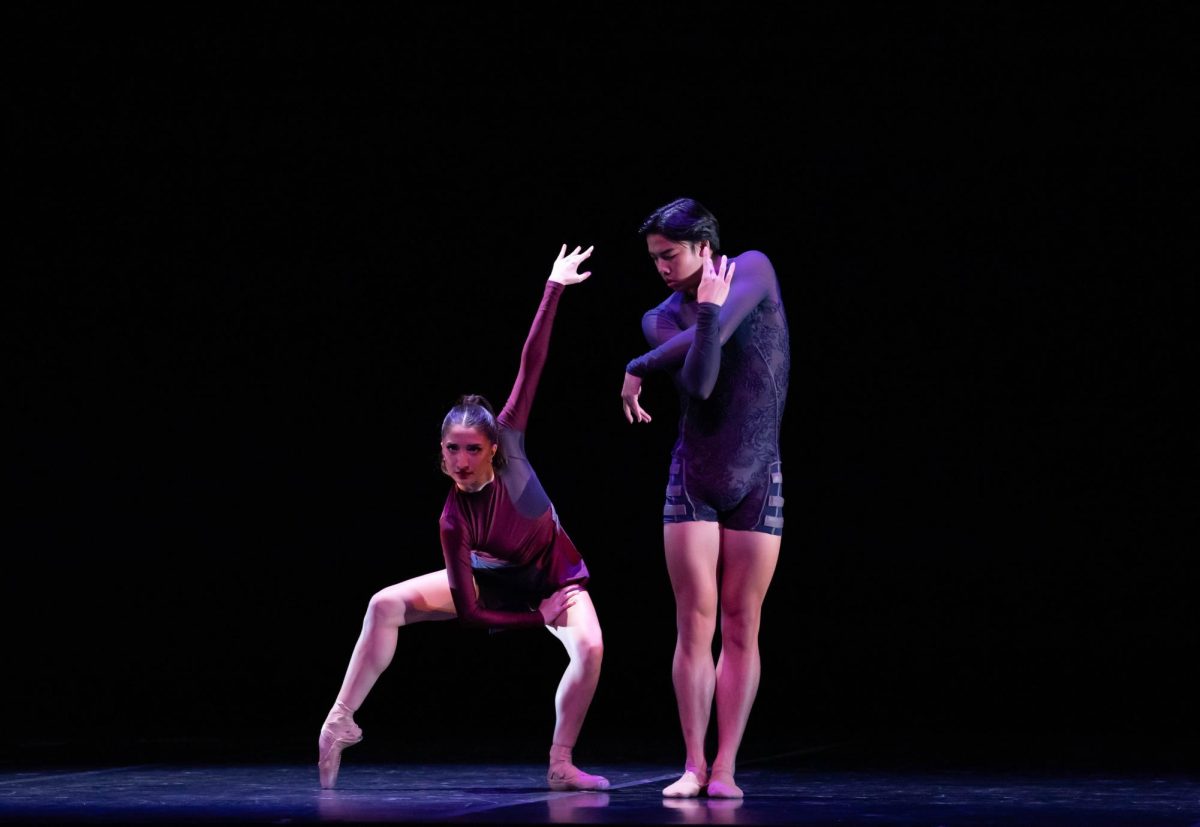A group of students sit in an open circle, some draped in brightly colored jewels over T-shirts, others wearing blouses hand-embroidered with flowers combined with jeans and converse. These outfits are a visual representation of the intersection of their indigenous past and modernity.
The Native American Indigenous Collective is giving youth of Native American descent a community with which to share cultural ceremonies, spirituality and generations-old traditions.
For years, NAIC has fought to give students who identify as indigenous a comfortable space on campus to embrace their heritage. From organizing speeches and panels to inviting students into their religious and cultural traditions, the NAIC has been working to welcome and educate Longhorns on indigenous culture by focusing on indigenous sovereignty, land acknowledgments and decolonization of the community. This week they are celebrating one of their biggest triumphs — Indigenous People’s Week.
But while this is a step in the right direction, they are nowhere near the level of recognition and acceptance they seek.
“Some people are ashamed of being indigenous,” said Ángela Lorena Vela, Mexican-American and Latino/a studies senior and NAIC officer. “It is one of our initiatives to encourage and empower others to not be ashamed of who they are and connect with their ancestral roots.”
Alumna Sylvia Jean said she became inspired to work with groups such as NAIC after reading a book called “Bury My Heart at Wounded Knee” when she was a student in the 1970s. She said she continues participating with these organizations because she enjoys the community they create and the awareness they raise regarding the realities of indigenous communities.
“Some people believe all native people are gone, that they don’t exist anymore,” Jean said.
To educate citizens about surviving indigenous communities and traditions, Vela said the group works closely with the International Indigenous Youth Council, the Native American Indigenous Peoples Association and UT’s Native American and Indigenous Studies program.
“A lot of our events are about socializing and building community, no matter what indigenous nation we come from,” Vela said. “A large part of our emphasis is on decolonization and all the messy forms it can take in the various realms and levels of our life.”
Mario Alberto Ramirez, dance junior and NAIC director, said the events and activities held by NAIC are intended to introduce students to an element of their heritage they may not be aware of. They try to embrace their members’ distinct roots and teach them about their culture in order to step away from the romanticized versions depicted in American popular culture, which Ramirez said is degrading.
“A lot of the traditions we try to bring are intergenerational to our families and our communities,” Ramirez said. “Tomorrow we will have an Ojo de Dios workshop, which is something I was taught through one of my uncles, (and) I cared to share that with the community.”
This degradation by the public, Vela said, hits home as she has experienced harsh comments or assumptions about her and the group, which she describes as microaggressions. Recently, she said, there have been instances of students assuming she goes to college for free or communicating in derogatory ways while she is giving information about indigenous heritage.
“I tried tabling today and somebody asked if I was selling sage, which I found inappropriate,” Vela said. “There are better ways to interact with us. We are not just vendors that sell parts of ourselves and our culture.”
To provide a secure and comfortable environment for their members, Ramirez said their next goal is to have a space of their own. He said it is difficult to believe this does not yet exist, but with the acceptance the City of Austin has shown lately after the renaming of Columbus Day, he hopes this will one day be a reality on the UT campus.
“We don’t have an indigenous space on campus,” Ramirez said. “It would mean the world to have somewhere to practice our traditions.”














